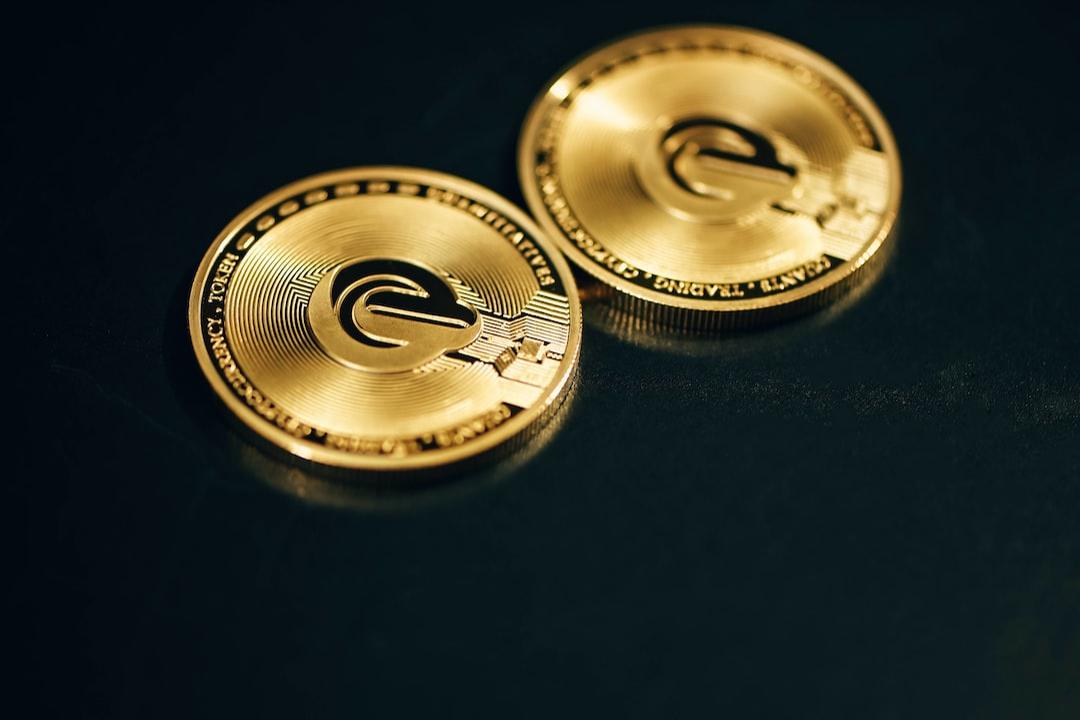El Salvador has further increased its Bitcoin holdings, acquiring 21 BTC in the past seven days, bringing the government’s total BTC reserves to 6,068.18 BTC. This action demonstrates President Nayib Bukele’s commitment to his Bitcoin plan despite pressure from international financial institutions such as the International Monetary Fund (IMF).
El Salvador has accumulated 21 BTC this week!
Total Strategic Bitcoin Reserve (SBR) Holdings: 6,068.18 BTC
Total BTC Added Today: +1 BTC
Total BTC Added in the Past 7 Days: +21 BTC
Total BTC Added in the Past 30 Days: +60 BTC
The world’s first Strategic Bitcoin Reserve continues to grow and so does El Salvador’s…pic.twitter.com/iz2x9CGbuu
– The Bitcoin Office (@bitcoinofficesv) February 4, 2025
El Salvador Ends Bitcoin’s Legal Tender Status
As previously reported, El Salvador has ended Bitcoin’s legal tender status. The use of BTC is now fully voluntary, and businesses are not required by the government to accept it as a form of payment.
This decision was made in response to El Salvador’s pursuit of a $1.4 billion loan from the IMF. One of the IMF’s requirements was to reduce Bitcoin’s influence on official transactions. In other words, the Salvadoran government has chosen to compromise by maintaining Bitcoin as a strategic asset while decreasing its presence in the formal sector.
Bukele Sticks to His Strategy
Despite regulatory developments, President Bukele continues to acquire Bitcoin. Some observers speculate that the government purposely purchased Bitcoin at lower prices to generate profits over time. Bukele himself has repeatedly referred to Bitcoin as “digital gold” and believes its value will only increase in the future.
Mixed Reactions and Global Interest in Bitcoin Policy
The measure taken by El Salvador has elicited mixed opinions among its people. Some applaud the government’s decision to continue investing in cryptocurrency, as they see it as a long-term economic opportunity. Others, however, express concerns about the volatility of BTC and its potential impact on the national budget.
Internationally, El Salvador’s actions continue to generate interest. Even major cryptocurrency companies now view the country as a regulatory haven for the blockchain sector. For example, Tether, the issuer of the USDT stablecoin, has relocated its headquarters to El Salvador. This demonstrates that the nation remains a focal point in the crypto community, despite evolving regulations surrounding Bitcoin usage.
Nevertheless, El Salvador remains a global experiment in Bitcoin adoption. The success and risks of Bukele’s approach are yet to be determined. One thing is certain, though: the nation is determined to embrace Bitcoin, and its acquisition of the cryptocurrency continues.


